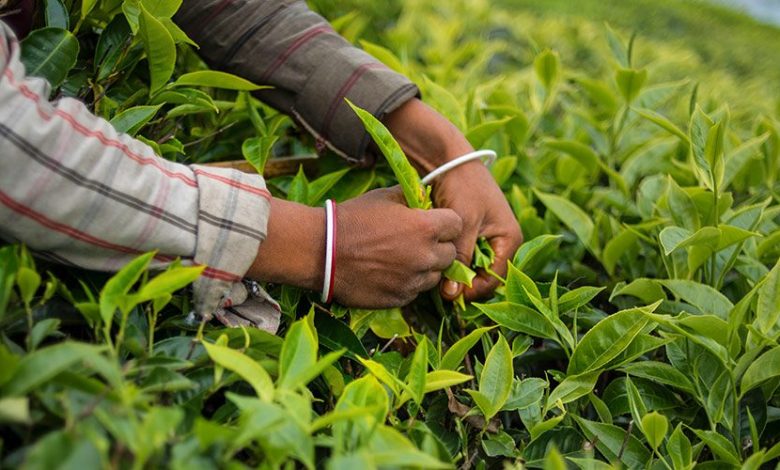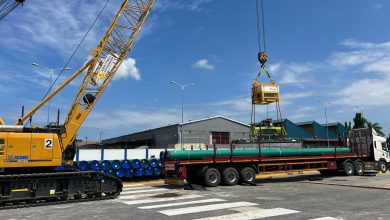New factories fuel tea production growth

DAR ES SALAAM: TEA production is showing renewed promise, driven by the revival of dormant factories and the establishment of new processing plants.
Tea Board of Tanzania (TBT) Director General Ms Beatrice Banzi, expressed optimism following a reported production increase of more than five per cent to 22,000 tonnes in the 2024/25 season compared to 2023/24.
Speaking to the Daily News, Ms Banzi said national production is expected to exceed 30,000 tonnes of made tea in the current fiscal year.
“Several previously inactive factories including the Kilolo Tea Factory, which is now operating under a joint venture with Chinese investors have resumed production. The facility is producing orthodox tea for both domestic consumption and export markets.
“The government is reviewing previously privatised but now non-operational tea factories with the aim of returning them to farmer ownership under the current legal framework,” said Ms Banzi.
She also noted that new processing machinery has been installed in Dar es Salaam to support the sector’s growth.
“We anticipate a harvest of over 30,000 tonnes this fiscal year, thanks to increased operational capacity. Many factories had previously shut down, but those in Njombe and Iringa have now received fresh investments through CRDB Bank,” she added.
Further, Ms Banzi said the tea estates which have been dormant for more than three decades, particularly in the Southern Highlands, are set to be rehabilitated as part of a broader strategic effort to meet national production targets.
TBT Marketing Manager, Mr Suleyman Chillo, confirmed the return of Victoria Tea (formerly Kagera Tea) to active production after years of dormancy. The factory, located in Kagera Region, will resume operations with a renewed focus on producing high-quality tea and strengthening its presence in international markets.
The revival of Victoria Tea is expected to significantly boost the income of smallholder tea farmers in the Kagera region, while also contributing to the country’s export earnings.
“Our strategy includes educating farmers on best practices in tea cultivation, maintenance and harvesting including proper fertiliser use to improve yields,” said Mr Chillo.
TBT’s Acting Director of Regulatory Services, Mr Mbushunoti Mindoi, said that Tea is currently cultivated in six major regions; Tanga, Iringa, Njombe, Mbeya, Mara and Kagera with more than 70 per cent of the crop originating from the Southern Highlands.
“There are now over 32,000 smallholder Tea farmers across the country, along with seven large-scale producers. Nationwide, a total of 23,805 hectares are currently under Tea cultivation,” Mr Mindoi said.
He said that while the target for the previous season was to produce 25,000 tonnes of tea, only 22,000 tonnes were achieved due to drought conditions that affected the Southern Highlands. In addition, a number of factories temporarily shut down.
“Some closures were related to management challenges, but those issues are being resolved. The affected factories are now preparing to resume operations with renewed vigour,” he added.





